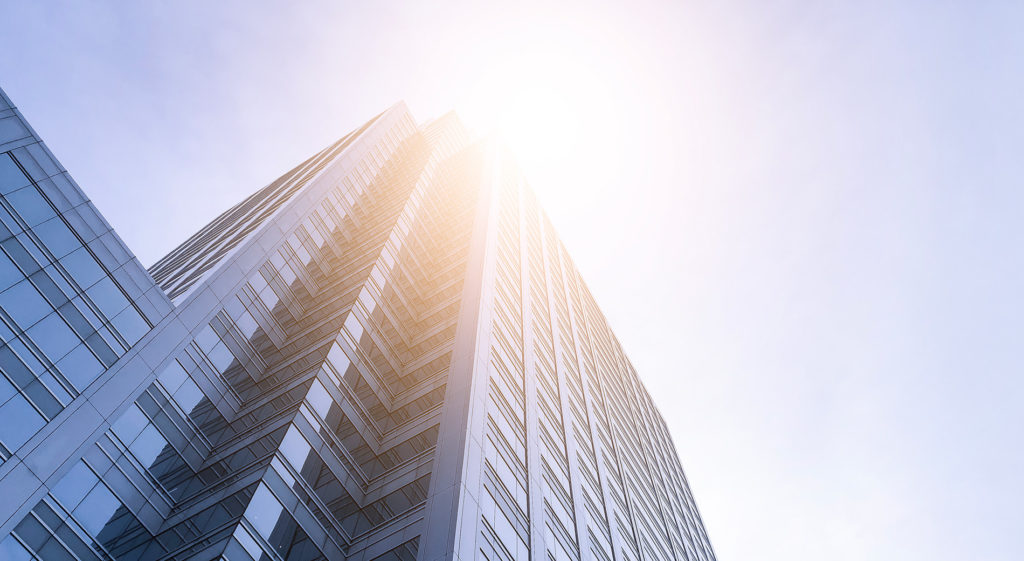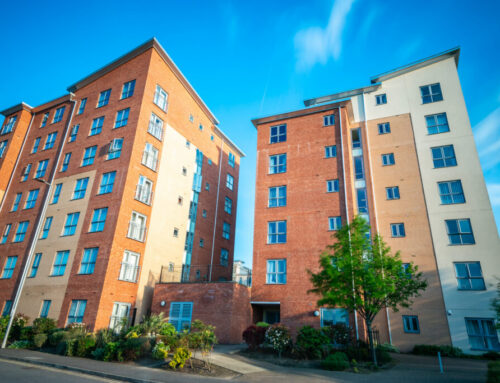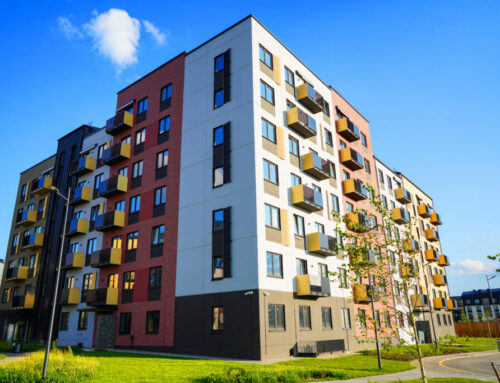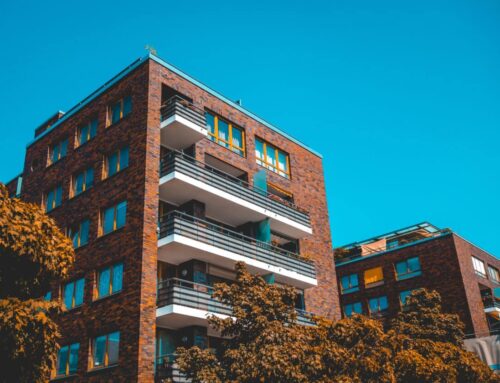
Belinda Thorpe, Managing Director of Residentsline explains the basics of extending your lease.
Thinking of extending your lease? Or maybe you’ve never thought about it and haven’t got a clue why you would need to or should? We thought a little refresher on the subject may be needed.
Why should I extend my lease?
A lease effectively grants you the right to ‘rent’ the property from the freeholder for a set period of time. As your lease gets shorter and shorter, the value of the lease (and therefore your home) decreases, and it becomes more expensive to extend.
Generally, if your lease has left than 90 years left, you should seriously consider extending it as most mortgage lenders will consider the value of the property to be at risk and won’t consider it as good security against a loan- making your property very difficult to sell.
Another way of obtaining a long lease is to collaborate with other flat owners in the building and to exercise the right to ‘collective enfranchisement’ which is where multiple leaseholders club together to buy the freehold of the property. Once the freehold has been acquired, an extended lease (usually 999 years) will generally be granted to the participants.
When should I extend my lease?
The unfortunate reality is that your lease is a ‘wasting asset’; as time ticks on, it’s value and therefore the value of your property is slowly decreasing.
If your lease is 90 years or less, you should be looking at extending asap to maintain the value of your home. If it’s 70 years or less, it’s imperative to extend as you home may be complete unsellable as mortgage companies will not take on the risk of lending against such a short lease.
The longer you leave things, the more expensive it will be to extend your lease too so timing is very important. The value of your lease extension is tied to the current value of the property, so extending during a period of low house prices may also be prudent.
How long can I extend my lease for?
The Leasehold Reform, Housing and Urban Development Act 1993 gives leaseholders the right to add 90 years to your existing lease. For example, if you currently have 60 years left until your lease expires then, when you extend, your new lease will be for a period of 150 years.
If you would like to extend your lease for anything other than 90 years then you will need to discuss your options with your freeholder.
How is my lease extension calculated?
The cost is directly tied to the value of the property as well as the length of the remaining lease.
Once the lease falls below 80 years, the landlord is entitled to receive 50% of the increase in property value when an extension is granted; known as “Marriage Value”. This is what hugely increases the costs of extending shorter leases. For example, if a property is set to gain £20,000 in value from a lease extension, £10,000 of this must be paid to the landlord during the renewal.
Other costs to be considered include legal expenses for solicitors and surveys- and leaseholders pay the freeholder’s fees as well as their own.
There will be Stamp Duty Land Tax payable (if the premium is over £125,000), as well as Land Registry fees and other disbursements such as search fees.
The ultimate cost will depend on a number of factors including the complexity of the transaction, how long it takes and, importantly, whether or not it is necessary for the matter to be referred to the First-Tier Tribunal.
Who is involved with a lease extension?
This is key to extending your lease with minimal fuss- finding a solicitor and a surveyor who have proven expertise in leasehold enfranchisement is essential. They’ll need to work well together to extend the lease on the best possible terms and to keep any stress at bay. Do your research and start the search well in advance.
Overall, extending your lease can be an expensive but necessary process. Choosing the right professionals to lead you through it and extending at the right time are essential.
Head to the Residentsline website for information on all of our products and services or, if you’d prefer to speak to a member of our fantastic, specialist team, give us a call on 0800 281 235.




Leave A Comment